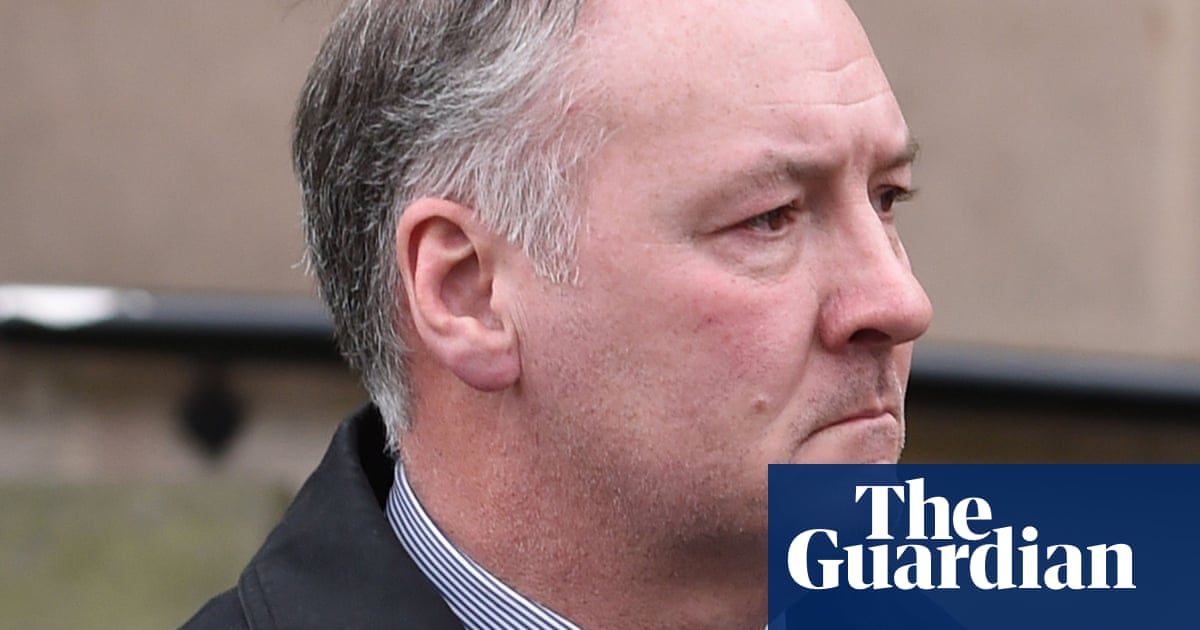
A colleague of the disgraced surgeon Ian Paterson raised concerns about him carrying out “incomplete” breast cancer operations two decades ago, an inquest has heard.
A judge-led inquest into the deaths of 62 of Paterson’s former patients commenced at Birmingham and Solihull coroner’s court on Tuesday, and is to be one of the biggest inquests in British history.
It will consider whether each of the patients “died an unnatural death as a result of Paterson’s actions” and is expected to take up to a year, with more patients potentially being added in the coming weeks.
Later stages of the inquest will look at whether there were systemic failings by hospital management in responding to concerns raised about Paterson.
Paterson, who is serving a 20-year prison sentence for 20 counts of wounding after being found guilty in 2017 of carrying out unnecessary and damaging breast cancer operations, is scheduled to give evidence on Thursday.
Dr Andrew Stockdale, an oncologist who worked alongside Paterson in the 1990s and 2000s, said he raised the alarm about patients still being left with large amounts of breast tissue after a mastectomy, putting them at greater risk of cancer returning.
He reviewed 100 consecutive cases referred to him in 2003 and found a concerning number of cases in which breast tissue had been left behind by Paterson, or where patients had to be re-operated on, and he raised this with his superiors.
He flagged that of 41 patients who had a mastectomy, 34% of them went on to have further operations, which “should have been impossible”, Stockdale said. “Those are terrible figures,” he said.
These operations were later referred to as “cleavage-sparing mastectomies” by Paterson, and went against national guidelines. “I considered them to be incomplete,” said Stockdale. He also said team meetings, led by Paterson, to discuss the treatment of cancer patients had an “adversarial, challenging and non-professional atmosphere”.
Stockdale said Paterson was a “forthright individual”, that he “held firm views”, and the meetings were not “not an environment to have a balanced discussion”. He also complained of Paterson taking decisions about patients without discussing treatment options with colleagues, and presenting their cases as “fait accompli”.
“The first we got to hear of a patient was when an operation has been completed,” Stockdale told the inquest.
On Monday, Judge Richard Foster dismissed Paterson’s application to grant him legal aid funding, along with his request for the inquest to be adjourned to allow more time for him to read relevant documents.
Paterson claimed he had been unable to read the inquest documents as he could only access a laptop when supervised, and his requests to do so had been denied due to low staffing levels in the prison.
Foster said it was not in his power to grant the funding, and the inquest team had “gone to immense lengths” to provide him with copies of all the relevant material.
In total, 562 deaths of patients treated by Paterson, who worked at NHS and private hospitals in the West Midlands between 1997 and 2011, have been reviewed as part of the inquest process.
An independent report published in 2020 found he subjected more than 1,000 patients to harmful operations over 14 years before he was stopped.
Source: theguardian.com


















